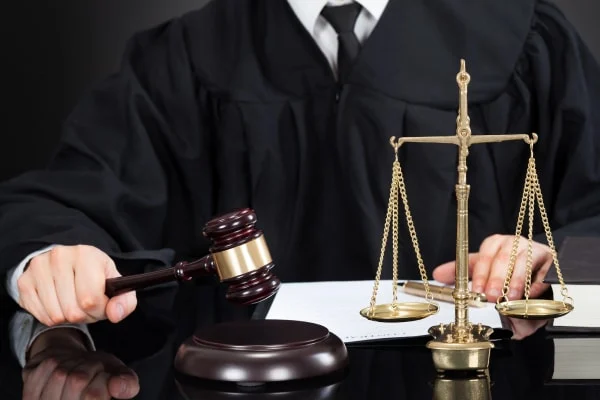Understanding the DUI Hearing Process
The DUI hearing process can be daunting for individuals facing charges. It typically involves several key stages, including the initial arraignment, pre-hearing motions, and the actual hearing where evidence is presented. Understanding this process is crucial for anyone looking to navigate their legal challenges effectively.
During the hearing, both the prosecution and defense will present their cases, and the judge will make a ruling based on the evidence and arguments provided. Factors such as the legality of the traffic stop, the administration of sobriety tests, and any prior offenses can significantly influence the outcome. Being well-prepared and informed can greatly benefit defendants in these situations.
Potential Consequences of a DUI Conviction
A DUI conviction can lead to serious consequences that extend beyond immediate legal penalties. Offenders may face fines, license suspension, mandatory alcohol education programs, and even jail time, depending on the severity of the offense and prior convictions.
Moreover, a DUI conviction can have long-lasting effects on an individual's personal and professional life. It may impact employment opportunities, insurance rates, and even personal relationships. Understanding these potential ramifications is essential for those charged with DUI to make informed decisions about their legal representation and strategy.
Defenses Against DUI Charges
There are several defenses that individuals can employ when facing DUI charges. Common strategies include challenging the legality of the traffic stop, questioning the accuracy of breathalyzer tests, and disputing the conditions under which sobriety tests were administered.
Each case is unique, and the effectiveness of a defense strategy can depend on the specific circumstances surrounding the arrest. Consulting with an experienced DUI attorney can help individuals identify the best defense options available to them and improve their chances of a favorable outcome.
Finding the Right DUI Attorney
Choosing the right DUI attorney is critical for anyone facing charges. A skilled attorney will not only understand the intricacies of DUI law but also be familiar with local court systems and procedures, which can greatly influence the case's outcome.
When searching for a DUI attorney, consider factors such as experience, reputation, and client reviews. An attorney's communication style and willingness to answer questions can also play a significant role in the attorney-client relationship, making it essential to find someone who is both knowledgeable and approachable.

